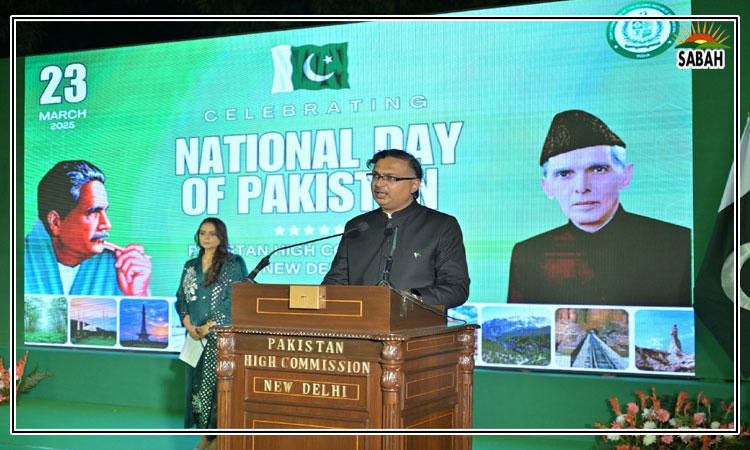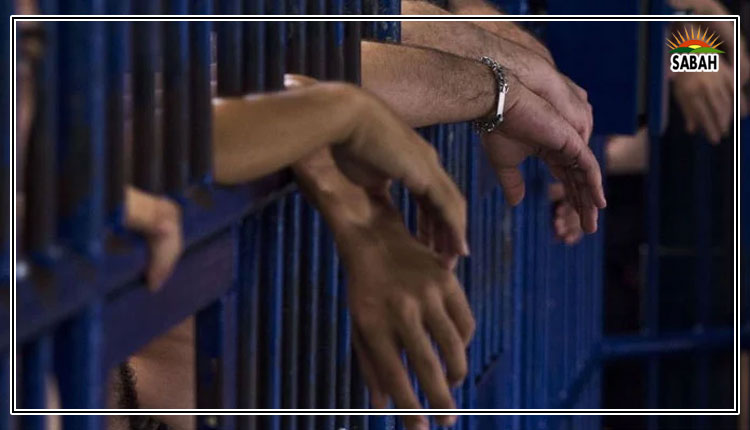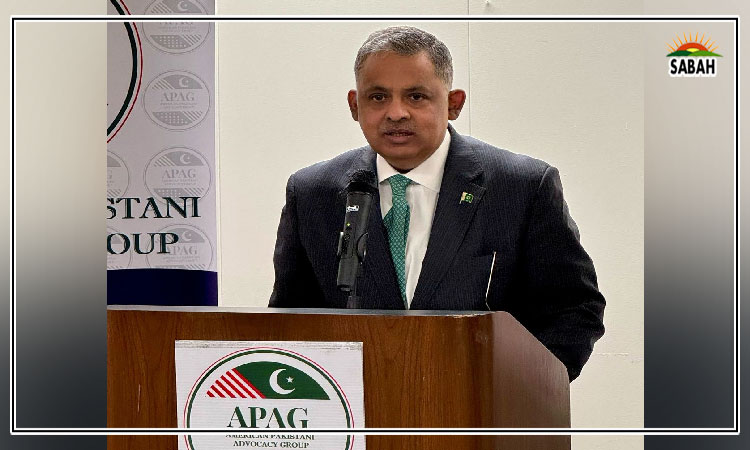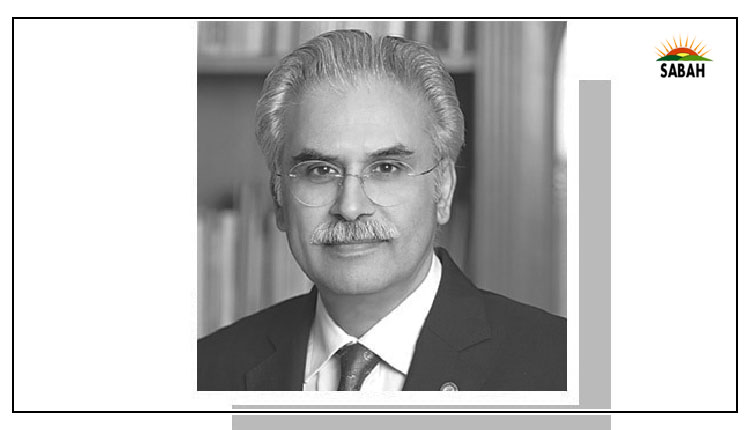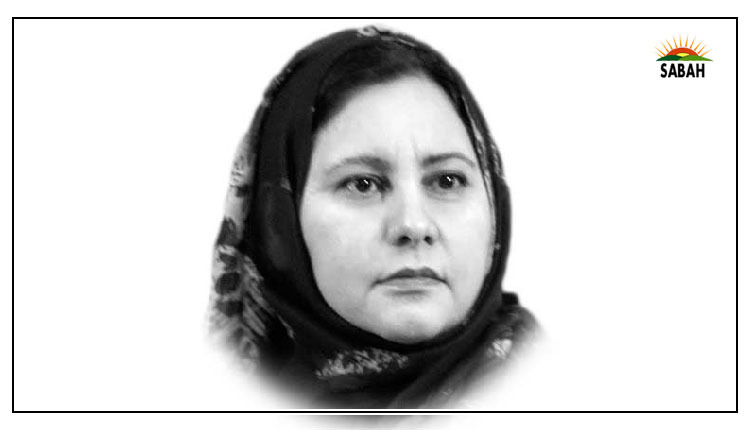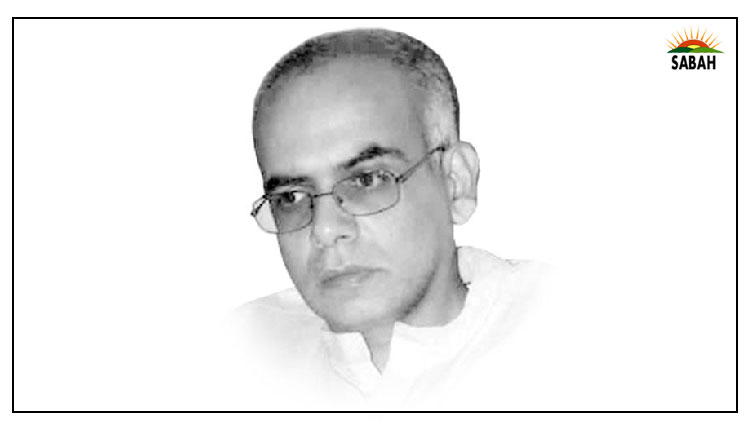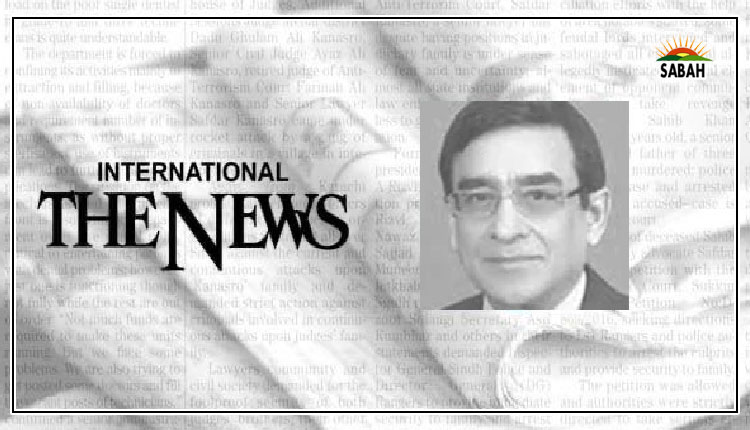Judges in the crosshairs of social media trolling …..Durdana Najam
The Interior Ministry of Pakistan has formulated a six-member Joint Investigation Team to probe into the maligning campaign against Pakistan’s top judges on social media and the internet. The purpose is to find out the movers and shakers of this campaign and hold them accountable. In the process, the findings may help identify the loopholes in the Cybercrime Act and open up a debate on how to modify and improve the quality of discourse on social media. Criticism of a judgement is one thing; however, abusing, maligning and blaming judges for not being neutral or alleging they are driving monetary or professional benefits from a certain political party is another thing. The former generates dialogue. The latter generates a cesspool of accusations, blame games and polarisation.
These are unfortunate times for Pakistan. The trust of the citizens in nearly every institution is in doldrums. It is time to drill sanity into the society by educating them on the role of the judiciary, separation of power in state management and the importance of a functioning judiciary for a stable society. This may not be achieved in a day or weeks; it’s a long process demanding active participation from academia, journalists and media.
On the other hand, the judiciary’s role in political matters must be reduced so that politicians must make the parliament functional and stop taking every political matter to the courts. That demands that politicians rise above personal interests and indulge in performance-based politics.
Two cases of how the judiciary has been dragged into politics are particularly interesting: Memogate and Panama Papers. In the former, the then opposition leader in the parliament, Mian Nawaz Sharif, donning the black court, went to the Supreme Court of Pakistan to seek an answer from the incumbent PPP on seeking US intervention in preventing a military coup. In the Panama Papers case, the then opposition leader in the parliament, Imran Khan went to the SC to implicate Nawaz Sharif and his family for investing their untaxed wealth in offshore companies. Imran Khan is on record, saying that a former Chief Justice had asked him to seek legal intervention rather than putting up a fight on the streets. Even if the judge wanted political intervention, why did Imran Khan agree? Why did he not use the platform of parliament to have this issue resolved? Why did he use the last option, seeking legal redressal as the first option? Similarly, why did Nawaz Sharif, as the opposition leader, go to SC rather than grilling the PPP in the parliament? On many occasions, courts have directed politicians to solve their political issues in the parliament or among themselves, but to no avail.
The present trolling of the top judges relates to the SC judgement on the ECP appeal against the Peshawar High Court decision to restore PTI’s electoral symbol. Previously, the ECP had stripped the PTI of its electoral symbol, the cricket bat, on the accusation that it had violated its constitution while conducting intraparty elections. The three-member bench is accused of giving the verdict that suits the establishment and the government in waiting, the PML-N. It is believed that the decision is part of the pre-poll rigging, which includes various actions such as the confiscation of nomination papers, harassment of potential candidates and even abduction. Due to discrepancies in their nomination papers, almost all of the PTI’s top leadership has been excluded from the election process. Though many have gotten relief, there is a general assumption that the ECP and the judiciary have deliberately pushed the PTI into a blind alley to reduce its chances of winning the elections.
Another accusation against the chief justice is of squaring a deal with the PTI.
In May 2019, the government of Pakistan Tehreek-e-Insaf (PTI) filed a complaint against Justice Isa and Justice KK Agha of the Sindh High Court with the Supreme Judicial Council (SJC). The complaint alleged that both judges had not disclosed foreign assets held by their families in their wealth statements, which is considered a breach of the accountability standards expected of superior court judges.
Interestingly, PTI leader Imran Khan blamed Justice Isa’s fraternity for conniving against him at the establishment’s insistence.
No one has the power to gauge the judges’ intention; however, from the proceedings of the case, aired live on national television, no one can even deny that the verdict upholding the ECP decision was based on merit or the evidence presented by the ECP. An argument can be made that a more lenient decision could have reduced the political temperature in the present milieu. However, it would have added another layer of distrust in the country’s judicial process, which has already become questionable.
The interior ministry’s decision to appoint an investigating clique is an excellent opportunity to identify the perpetrators of the trolling campaign and what led to this situation while recommending a future course of action.
The time has also arrived for the political parties to rise above their petty interests and make the parliament strong and responsible. They should be jealously guarding their turf if there is any intention to prevent the political environment from being breached by a third force, be it the judiciary.
The ball is in the politicians’ court.
Courtesy The Express Tribune, January 18th, 2024.


